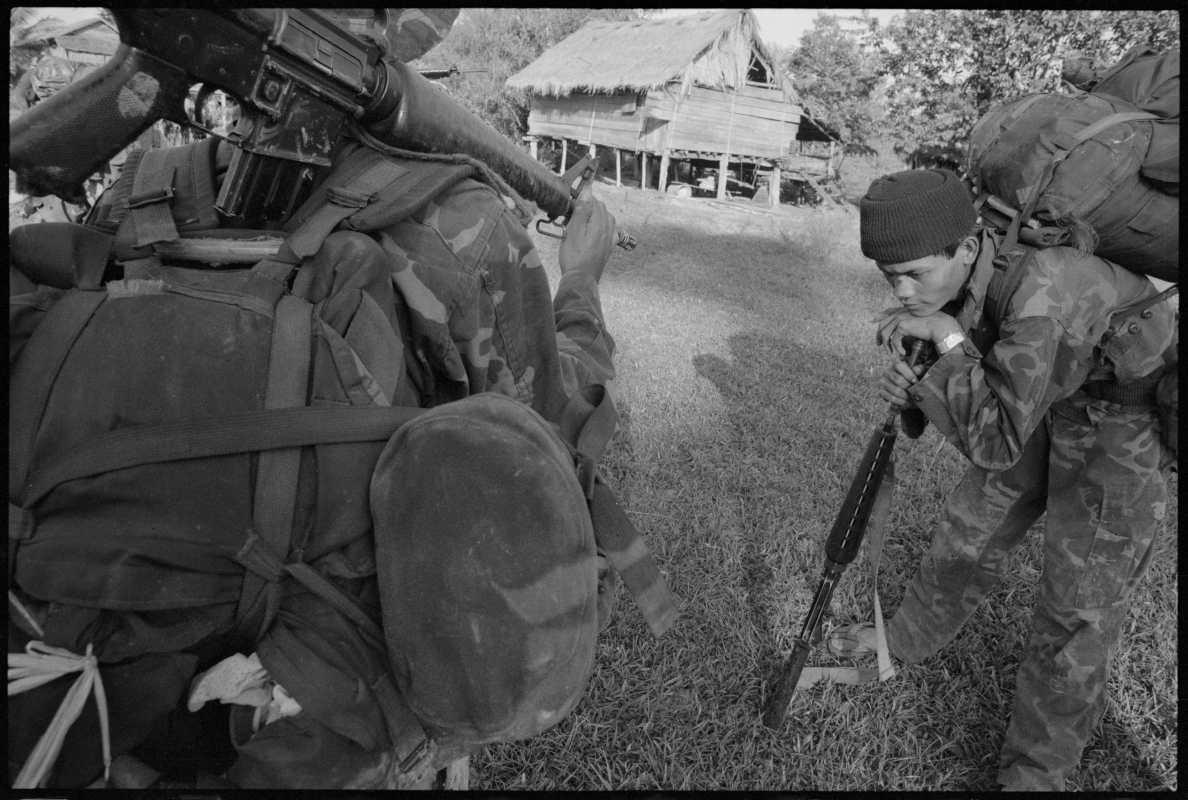Between Stalin’s death in 1953 and Khrushchev’s denunciation of Stalin in 1956, Chinese-Soviet relations were basically amicable, and PRC influence rose in the communist world. The Soviets returned Port Arthur and Dairen to China in 1955. But when Khrushchev attacked Stalin without consulting Mao Zedong (1893-1976), the Chinese communist leader, the Chinese denounced him for joining with Tito and the revisionists.
Mao had walked a long road to become head of the most populous nation on earth: He had organized the Red Army in 1928; had endured the six-thousand mile Long March to a stronghold in northwest China in 1934-1936; had helped to repel the Japanese; had defeated Chiang Kai-shek; and had established the People’s Republic of China in 1949. An undeviating Stalinist, Mao was convinced that the Soviet Union had deserted the true doctrine, and he was deeply offended at being ignored on so significant a matter as revealing to the world the extent of Stalin’s purges and the nature of the Terror.
To doctrinal matters Mao added practical grievances: He wanted far more economic aid than the Soviets had been able or willing to provide, especially aid in developing nuclear weapons. In 1956-1957 Mao experimented briefly with a liberated public opinion (“Let one hundred flowers bloom”) but soon resumed a
thoroughly leftist militant course.
At home he embarked on forced industrialization—the “great leap forward”— with backyard blast furnaces and mass collectivization of the “people’s communes,” ending in disastrous results to both industry and agriculture. Having been down this road themselves, the Soviets disapproved, and the latent disagreements between the two communist giants began to emerge.

